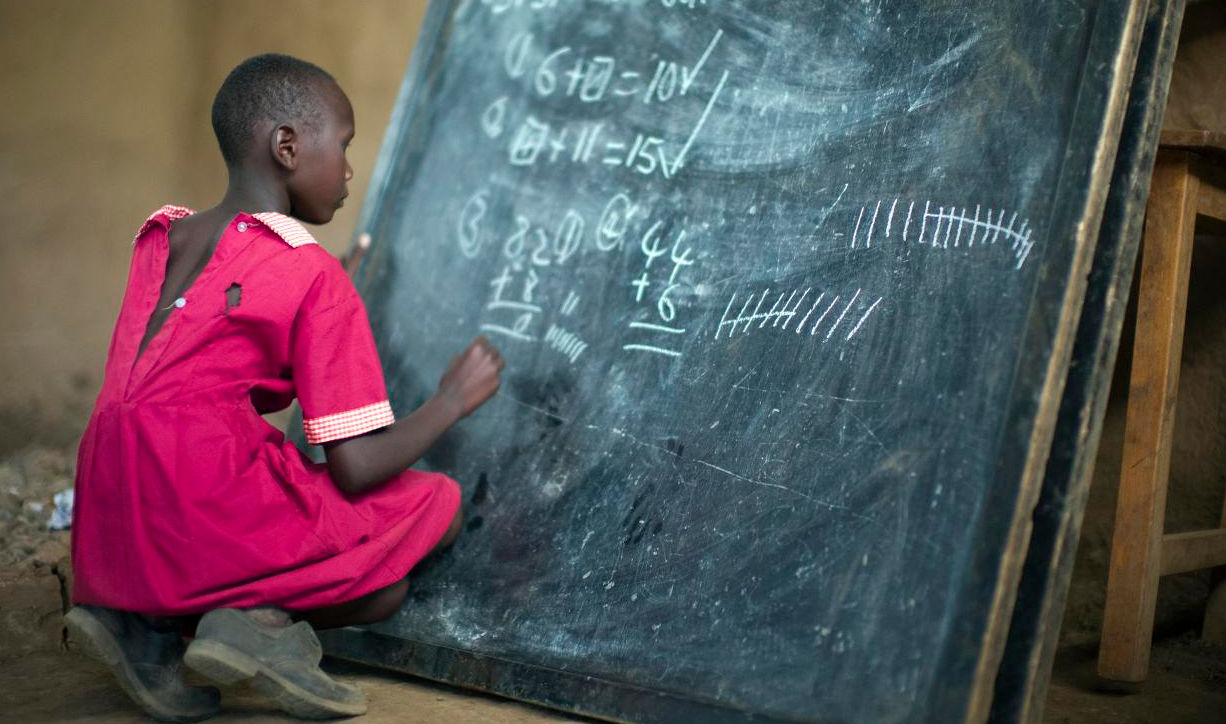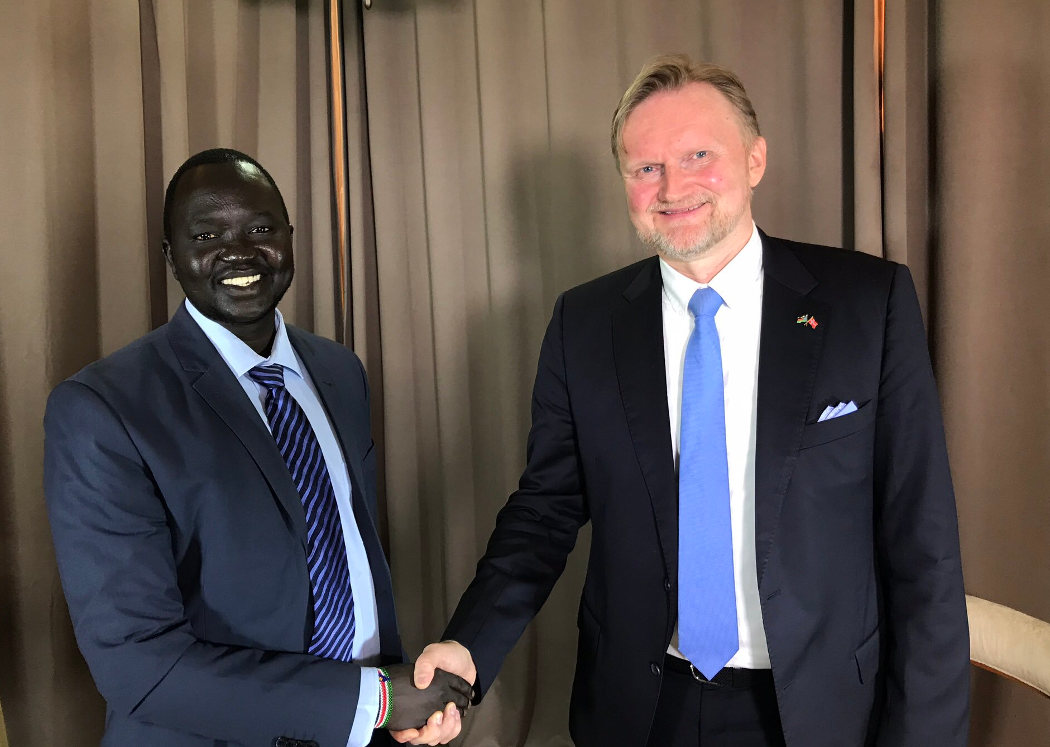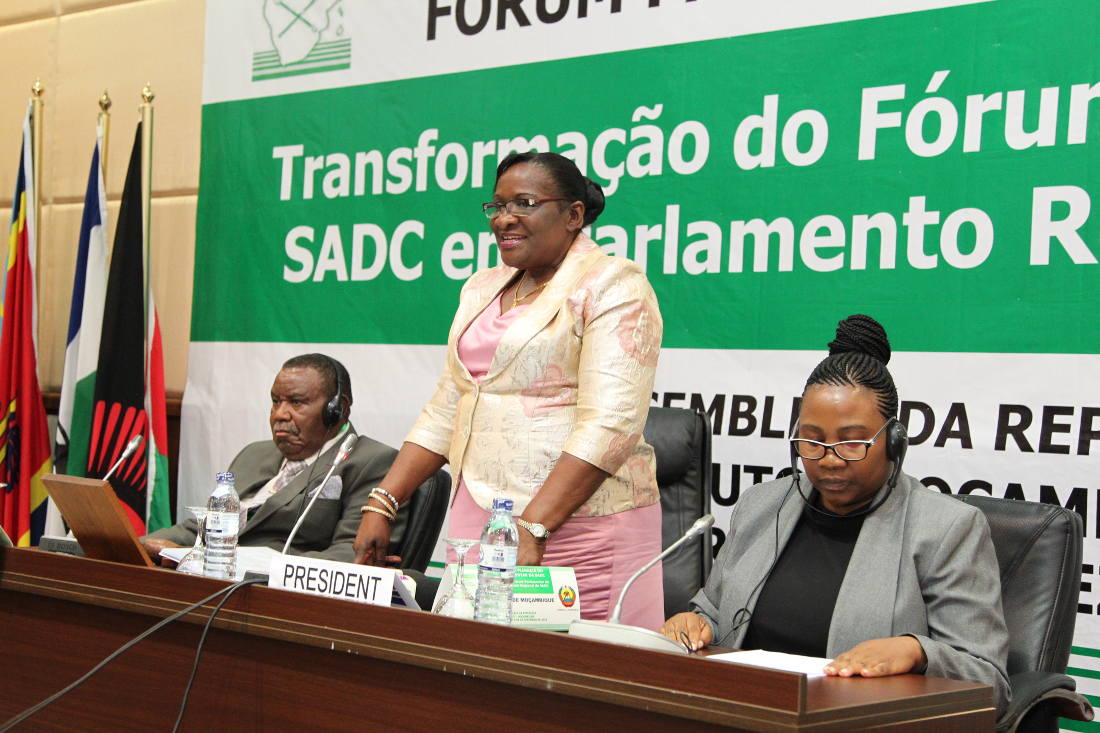Nairobi, Kenya (Vianews) – According to the Global Journal, there are about 10 million non-governmental organisations (NGOs) in the world. Figures from Kenya’s NGO Coordination Board show that there were at least 9,700 registered NGOs in the country as of 2014. However, only about 2,000 are active today as many of those do not sufficiently fulfil their mandate or lack proper structures to do so. This results in circumstantial closure of the NGO or outright shutdowns by the NGO Coordination Board in Kenya.
ViaNews had a sit down with Organization for Youth in Environmental and Educational Affairs (OFYENEDA) CEO Daniel Kashem at their offices in Westlands, Nairobi. He shed some light about his organization and state of affairs in Kenya.
Tell us about OFYENEDA
It is a non-profit organisation registered in 2008 with the mandate of creating positive change in society through providing education access, programs in youth empowerment and finally environmental conservation. The purpose of our work is to improve the lives of disadvantaged people through those three pillars.

For effective implementation of our programs, we welcome the involvement of corporates, donors, community members, the government and individuals as I believe that this is all part of our collective responsibility.
What is your take on the NGO’s state of affairs in Kenya?
Well according to the United Nations Development Program’s human development index report, Kenya is ranked 146th out of 188 countries. This is attributed majorly to the poverty levels which are extremely high. NGOs ideally exist to address these issues but a lot needs to be done for things to improve.
Do you think NGO’s are doing enough to achieve their mandate?
As much as a good number are playing their roles, it is not sufficient enough to wholesomely address the issues in the community. There are many factors that come into play which affects the achievement of targeted results in NGOs.
What are some of the challenges faced by NGO’s in Kenya?
A good number I would say face conflict of interest. Usually, NGOs strive to change the lives of members of the community. Cultural differences play a role in limiting an NGO’s effectiveness. This is whereby a community’s culture does not intertwine with the interests of an NGO and that clash limits progress.
Another key challenge that I can point out is the existence of unfavourable policies. Some of the policies set by the government are too stringent and it, therefore, becomes nearly impossible to implement programs.
What can be done to improve the state of affairs?
Communities should be made part of our programs right from the planning stage to implementation so that their views are also captured. Additionally, the government has a role in creating a favourable environment for NGOs to operate in. A review of some of the set policies will go a long way in ensuring that NGOs succeed in their respective mandates.
There has been a lot of crackdown by the NGO Coordination Board. What is your take?
There are two sides to the coin. First of all, the government may be justified to shut down those NGOs that do not conform to the law. However, this aggressive and widespread crackdown may instil fear in the different NGO leadership and affect subsequent operations which ultimately affect people’s lives.
On the flipside, given that we have different organisations, is important for NGOs and their leaders to be put in check. This is to ensure that NGOs are properly run and not used as channels for malicious activities.
It is estimated that there are about 300,000 children living and working in the streets across Kenya, with more than 70,000 of them in Nairobi alone. This is due to the prevalence of poverty and the lack of school fees has forced many of these children to drop out of school. Programs to sponsor bright but needy children exist in Kenya but even that can only do so much.
ViaNews sought Moses Otieno, a 26-year-old man who is a beneficiary of Ofyeneda’s program. He shared his story of facing financial challenges growing up, lacking fees and overcoming all that to being on the brink of graduating from university. Otieno is currently in his third year of studies pursuing a Bachelor of Science degree in Geology from the South Eastern Kenya University (SEKU).

Ronnie Evans.
Otieno, born in Nairobi, attended Naruget Primary School from 1998 to 2002 and that is when financial difficulties forced his whole family to relocate to their rural home in Siaya County in the western part of Kenya. In 2004, he sat for his Kenya Certificate of Primary Education (KCPE) examination for the first time but could not progress to high school due to lack of fees.
He was forced to stay at home for two years and only the help of his late aunt Josephine Anyango enabled him to re-join school. He did his KCPE for the second time in 2007 and his good grades opened doors for him.
So what next for Otieno?
The young generation in Kenya do not fancy agriculture as a means of livelihood but Otieno wants to start an agribusiness in his home area of Gem, Siaya County.
Once he becomes a geologist, he intends to specialise in Geographic Information System, an area that deals with collecting data. “I am hoping to graduate in 2019 and if funds are available to me, I will pursue a Master’s degree in Remote Sensing as I believe education has no limit,” he said boldly.

Otieno’s story mirrors the situation for a lot of children growing up in Kenya. Despite the government’s steady progress in the delivery of free primary education, there is still a big gap that needs to be bridged.










